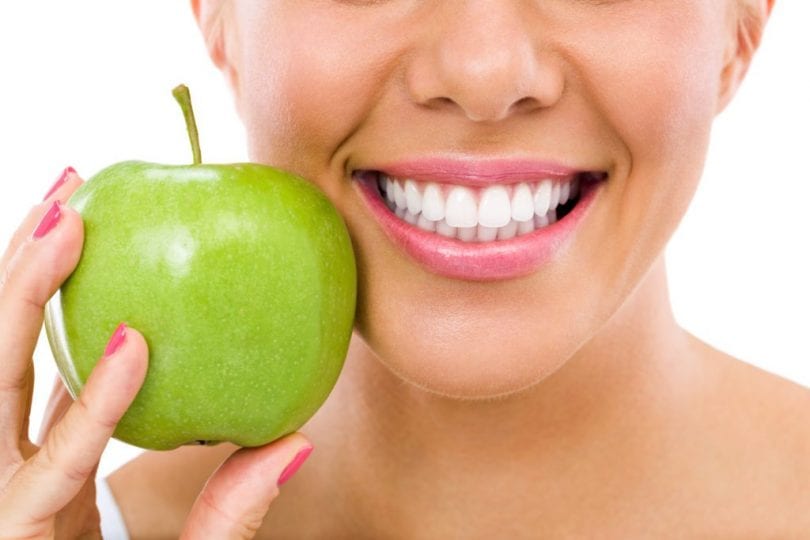As important as brushing and flossing are, the impact of our diet on oral health is equally significant. By removing unhealthy foods from our diet and regularly visiting the dentist, we significantly increase the chances of maintaining healthy teeth and reducing the risk of gingivitis.
What is the relationship between diet and dental health?
Foods containing sugar are responsible for the development of cavities. Many researchers believe that the progression of the disease is faster and more prevalent in people with poor diets.
According to the Canadian Dental Association, a proper and balanced diet is beneficial for both dental and overall health. Without the necessary nutrients, teeth and gums become more susceptible to cavities and gum disease.
To control the amount of sugar we consume, we should read the nutrition facts and ingredient lists on food and beverage labels and choose products with the lowest sugar content.
The best choice, however, is to consume fresh products or foods with natural ingredients.
Foods to generally avoid include:
- Sugary snacks, candies, etc.
- Processed foods or genetically modified foods
- Sugary drinks
- Acidic drinks (energy drinks)
- Packaged juices
It’s also important to mention the harmful impact of smoking.
The above should be replaced with foods such as:
- Dairy products. Milk, yogurt, and cheese contain calcium that helps in the development of teeth and strengthens gums and teeth.
- Fruits and raw vegetables. These contain vitamins important for the health of oral tissues. They also contain fibers that stimulate the salivary glands to produce more saliva, which in turn protects the teeth.
- Sugar-free gum, for the same reason mentioned above. Increased saliva flow washes away food residues and restores the pH of the mouth to normal levels.
Everything we eat affects the entire body, so it is good to visit the dentist frequently, who can diagnose possible dietary mistakes based on the condition of the mouth.

